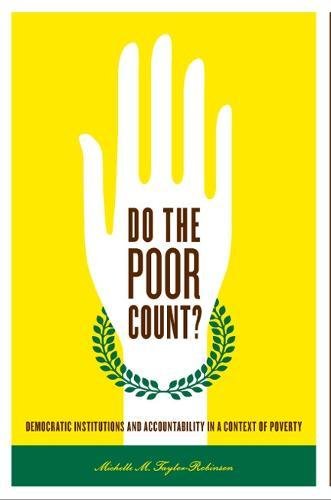

Most ebook files are in PDF format, so you can easily read them using various software such as Foxit Reader or directly on the Google Chrome browser.
Some ebook files are released by publishers in other formats such as .awz, .mobi, .epub, .fb2, etc. You may need to install specific software to read these formats on mobile/PC, such as Calibre.
Please read the tutorial at this link. https://ebooknice.com/page/post?id=faq
We offer FREE conversion to the popular formats you request; however, this may take some time. Therefore, right after payment, please email us, and we will try to provide the service as quickly as possible.
For some exceptional file formats or broken links (if any), please refrain from opening any disputes. Instead, email us first, and we will try to assist within a maximum of 6 hours.
EbookNice Team

Status:
Available5.0
33 reviewsLatin America’s flirtation with neoliberal economic restructuring in the 1980s and 1990s (the so-called Washington Consensus strategy) had the effect of increasing income inequality throughout the region. The aim of this economic policy was in part to create the conditions for stable democracy by ensuring efficient economic use of resources, both human and capital, but the widening gap between rich and poor threatened to undermine political stability. At the heart of the dilemma faced by these new democracies is the question of accountability: Are all citizens equally capable of holding the government accountable if it does not represent their interests? In this book, Michelle Taylor-Robinson investigates both the formal institutions of democracy (such as electoral rules and the design of the legislative and executive branches) and informal institutions (such as the nomination procedures of political parties and patron-client relationships) to see what incentives legislators have to pay attention to the needs of poor people and thereby adequately represent their interests.